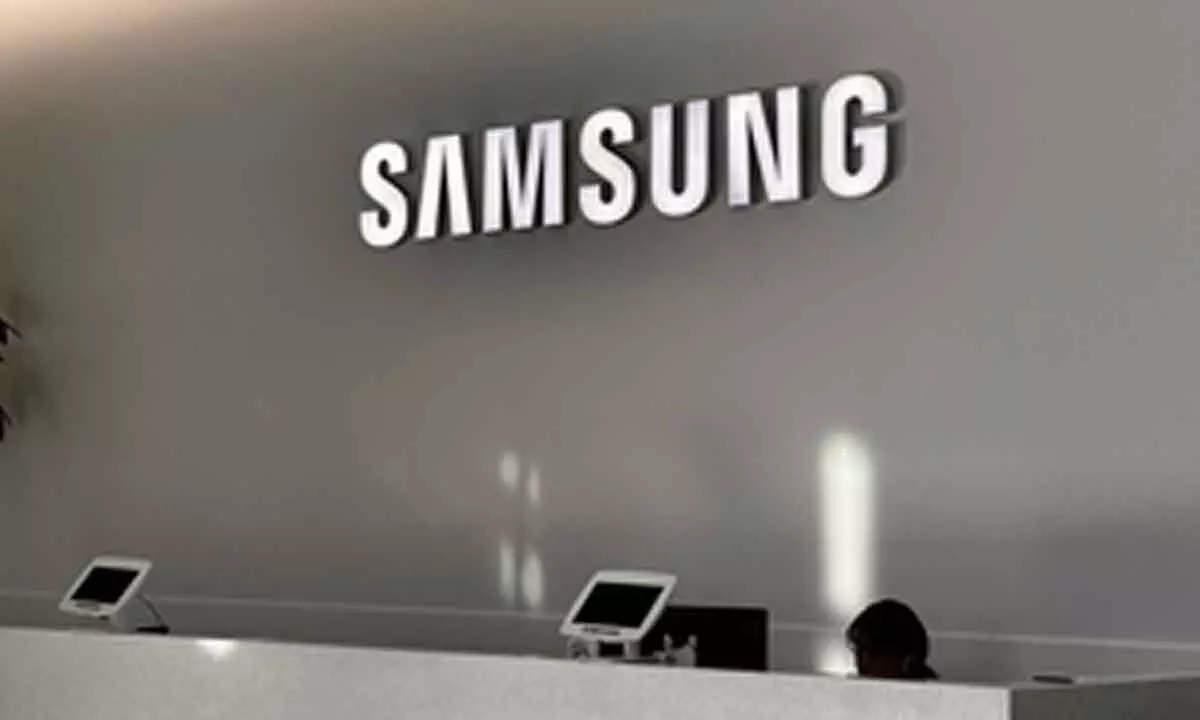Samsung to Launch Haean Smart Glasses, Expanding XR Market

Samsung to Launch Haean Smart Glasses, Expanding XR Market
Samsung is set to launch Haean smart glasses with AI and AR features, offering a lightweight alternative to Apple’s Vision Pro and Meta’s XR wearables.
Samsung is reportedly advancing its plans to introduce its first Android-based smart glasses, internally known as "Haean," alongside its upcoming Project Moohan XR headset later this year. The wearable is expected to provide a lightweight alternative to existing mixed reality (MR) headsets, including Apple’s Vision Pro.
According to ETNews, the Haean smart glasses are designed for extended use, featuring an adaptable form factor suitable for different face shapes. Integrated cameras and sensors are expected to facilitate movement tracking, enhancing augmented reality (AR) experiences.
Leaks indicate that the device may be powered by Qualcomm’s Snapdragon AR1 chip, complemented by a secondary processor from NXP. A 12MP camera utilizing Sony’s IMX681 CMOS sensor could support vision-based functionalities such as QR code scanning, gesture recognition, and facial identification. Battery capacity is rumored to be 155mAh, with the device weighing approximately 150 grams.
AI integration is anticipated to be a major component, with Samsung likely incorporating Google’s Gemini assistant. This approach mirrors Meta’s AI-powered Ray-Ban smart glasses. The company is reportedly preparing an initial production batch of 500,000 units, with a potential launch scheduled for the next Unpacked event in July.
Samsung’s entry into the smart glasses sector signals increasing competition in the XR market. While Google has hinted at developing Gemini-powered smart glasses, no official timeline has been provided. Apple’s Vision Pro remains a strong competitor, and Meta continues to push its AR-enabled wearables. Samsung’s strategy in this space could influence the direction of Android-powered XR devices in the coming years.
















